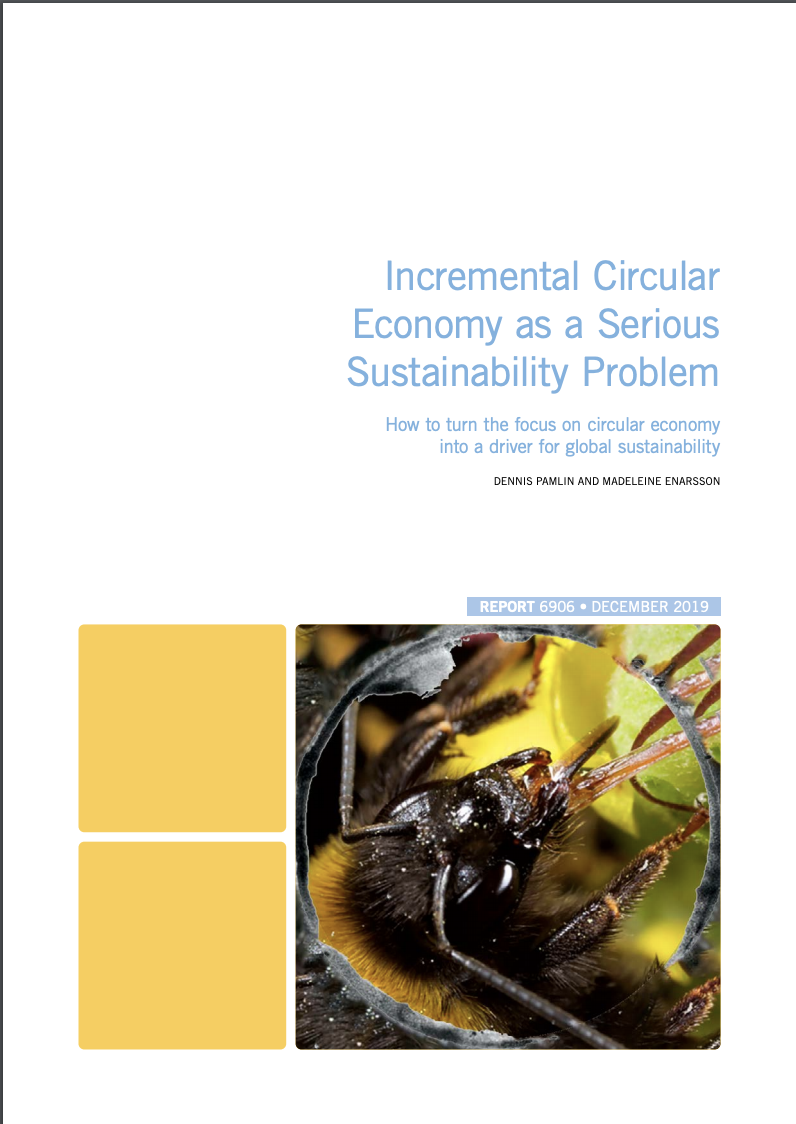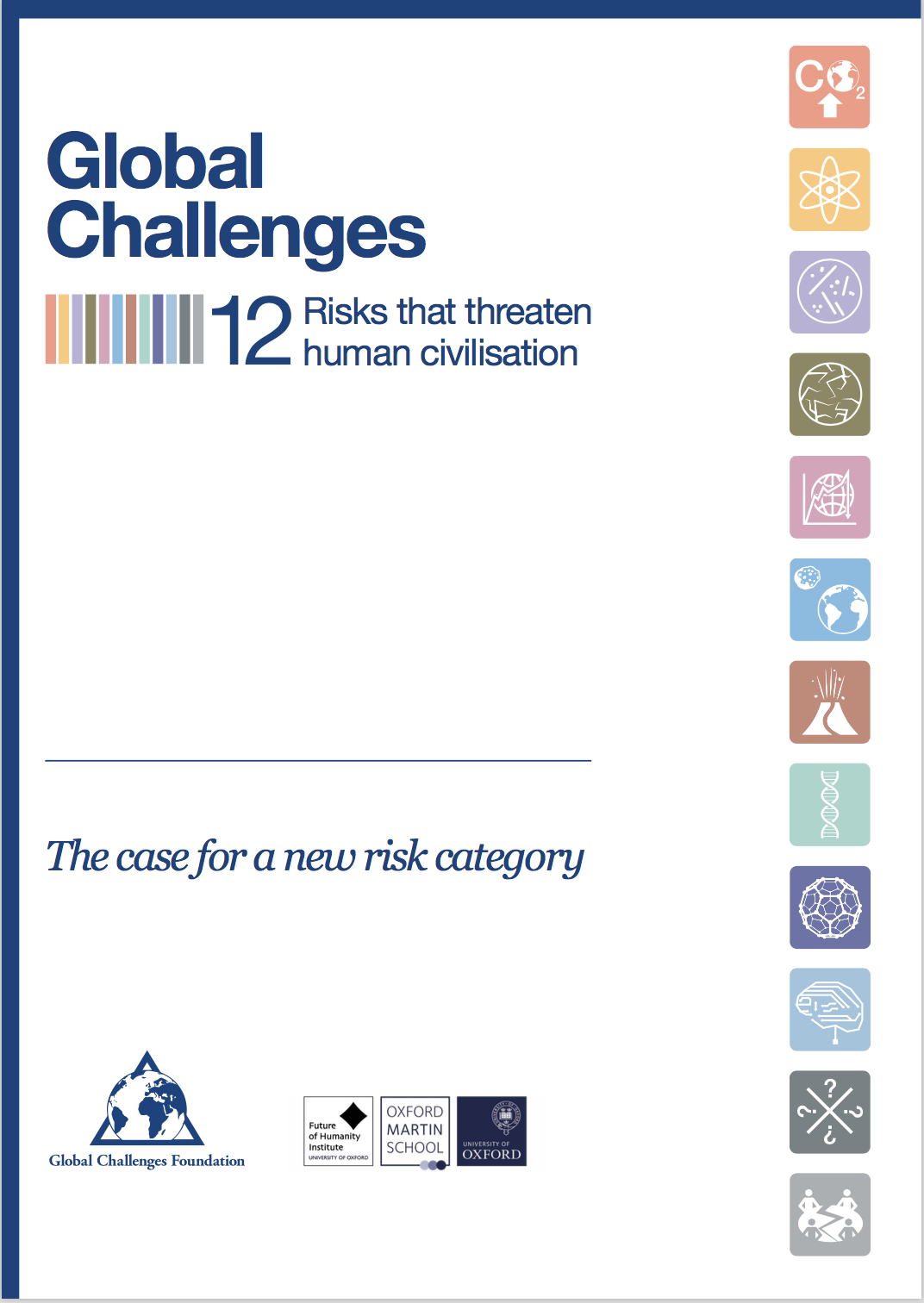Meetings and mobility in the 2000s (Feasibility study)
/Role: author with support from Jeanette Hemmingsson (SIC) and Annika Bondesson (SIC)
Summary
This feasibility study proposes the creation of a web-portal for optimised meetings and mobility. By using new information technology in an easy to understand way that helps government agencies to make strategic choices based on scientific fact, a portal of this kind will contribute to significantly more efficient and less expensive meetings. The portal could also contribute to achieving the environmental objectives formulated by the Government and the EU.
The procurement investigation (Swedish Government Official Reports 2013:12) has identified meetings and mobility as an area where there are many new opportunities and where the goals require transformative changes.1 The starting point for the procurement investigation was that the coming years will involve major changes for government agencies. Technological development, for example, provides entirely new opportunities in a range of areas, from virtual meetings to tools that make it easier to analyse the consequences of different choices. At the same time, the government and the EU's ambitious goals when it comes to reducing greenhouse gas emissions require transformative solutions.
The feasibility study indicates that the portal could contribute to more transformative solutions that can help government agencies to optimise their meetings and mobility. This could allow the government agencies to achieve their goals and reduce their costs by, among other things;
That government agencies receive scientifically verified data when it comes to various environmental and economic consequences of the meetings.
That government agencies can obtain customised information when they need it in the format they require.
That the platform can connect to existing initiatives at the government agencies and build on existing systems for the collection of data enabling the platform to reduce the workload of the agencies.
The platform makes it easier to develop strategies for an increased share of virtual meetings.
Creating a better understanding of all the elements of an agency by allowing customised information to be generated can clarify the consequences of individual choices.
































